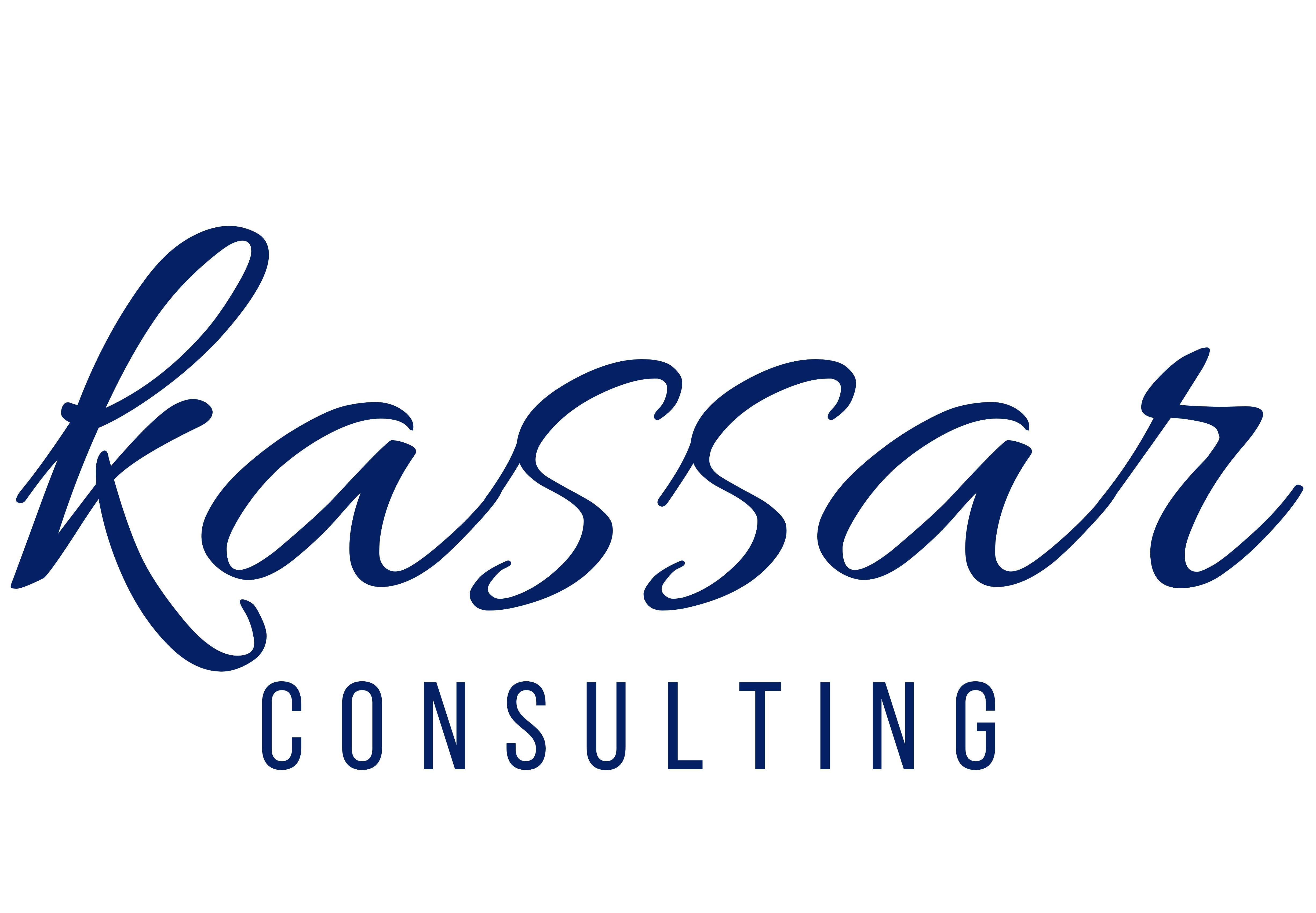Hiring for Soft Skills: 5 Questions to Ask
- January 2, 2021
- Posted by: kcadmin
- Category: Interviewing

When interviewing, it’s common to discover a candidate that looks good “on paper” but isn’t a good fit “in person”. Even if they actually possess all of the technical skills required to do the job, their personality still may not be a good fit to work with you or the rest of your team. Those intangible qualities that determine how a candidate interacts with others are called soft skills, and they are essential for success.
Soft skills are hard to measure, but the best way to assess them is through behavioral or situational interview questions (ideally, part of a larger interview process). These questions are usually open-ended, allowing a candidate to summarize their experiences and invite follow-up questions to gain more clarity.
While these questions should usually be tailored to the job description, below find five that can point to universally desired characteristics:
- Tell me about a time you had to make a decision with incomplete information.
Flexibility is essential for businesses of any size. Can the applicant think quickly on their feet and make decisions in line with the company’s interests? Are they flexible and resourceful enough to move a project forward with limited information present? Did they embrace the challenge? How did they feel about it?
- Describe a time you had to work with someone who’s personality was very different from yours.
No one works in a vacuum. Whether it’s your team, vendors, colleagues, clients, partners or other stakeholders, there’s a guarantee that your candidate will have to interact with others in order to get their job done. This question will determine their level of emotional intelligence and self-awareness: do they see how their behavior impacts others? Can they put themselves in someone else’s shoes? Can they navigate conflict? Pay close attention to their answer.
- Can you tell me about a time you had to ask for help?
How does the applicant navigate through challenging circumstances? A red flag answer would be a candidate that doesn’t recall ever asking for help – they’re either oblivious to past mistakes or not comfortable admitting them, and neither is good for your business. - Tell me about the best boss you ever had.
This is a great question to examine a relationship in the workplace. What does the candidate value in a supervisor? How do they like to be managed, trained and developed? What’s their preferred communication style? How do they receive critical feedback? - How do you cope when you have too much work on your plate?
Honestly, even the best laid plans sometimes go awry. This question points to prioritization and time management skills. Hiring someone who doesn’t know how to balance tasks will ultimately lead to projects and tasks not getting done, which will undeniably hurt the company’s overall success.
